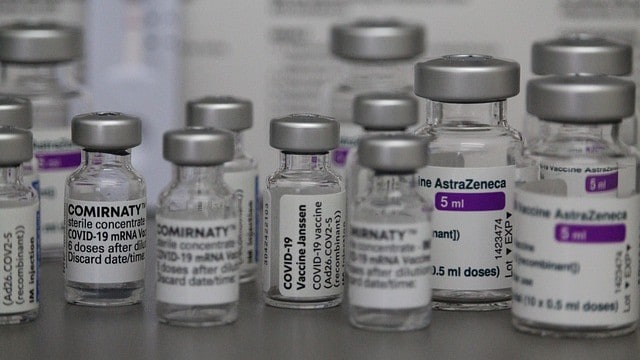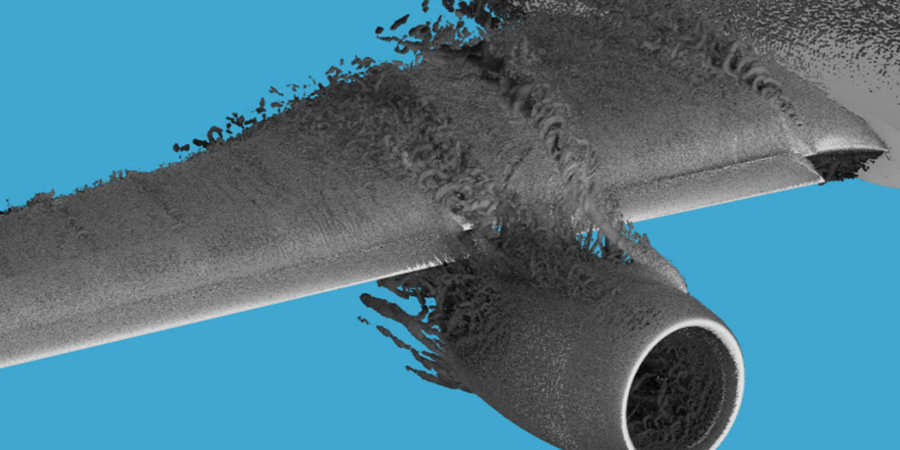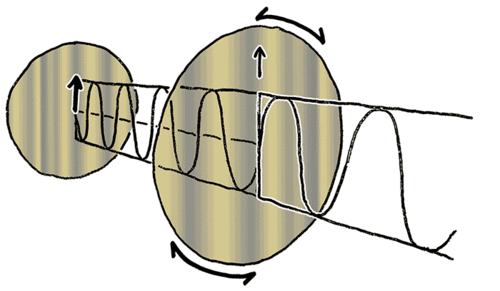In the past few years, artificial intelligence models of language have become very good at certain tasks. Most notably, they excel at predicting the next word in a string of text; this technology helps search engines and texting apps predict the next word you are going to type. The most recent generation of predictive language […]
Read More








